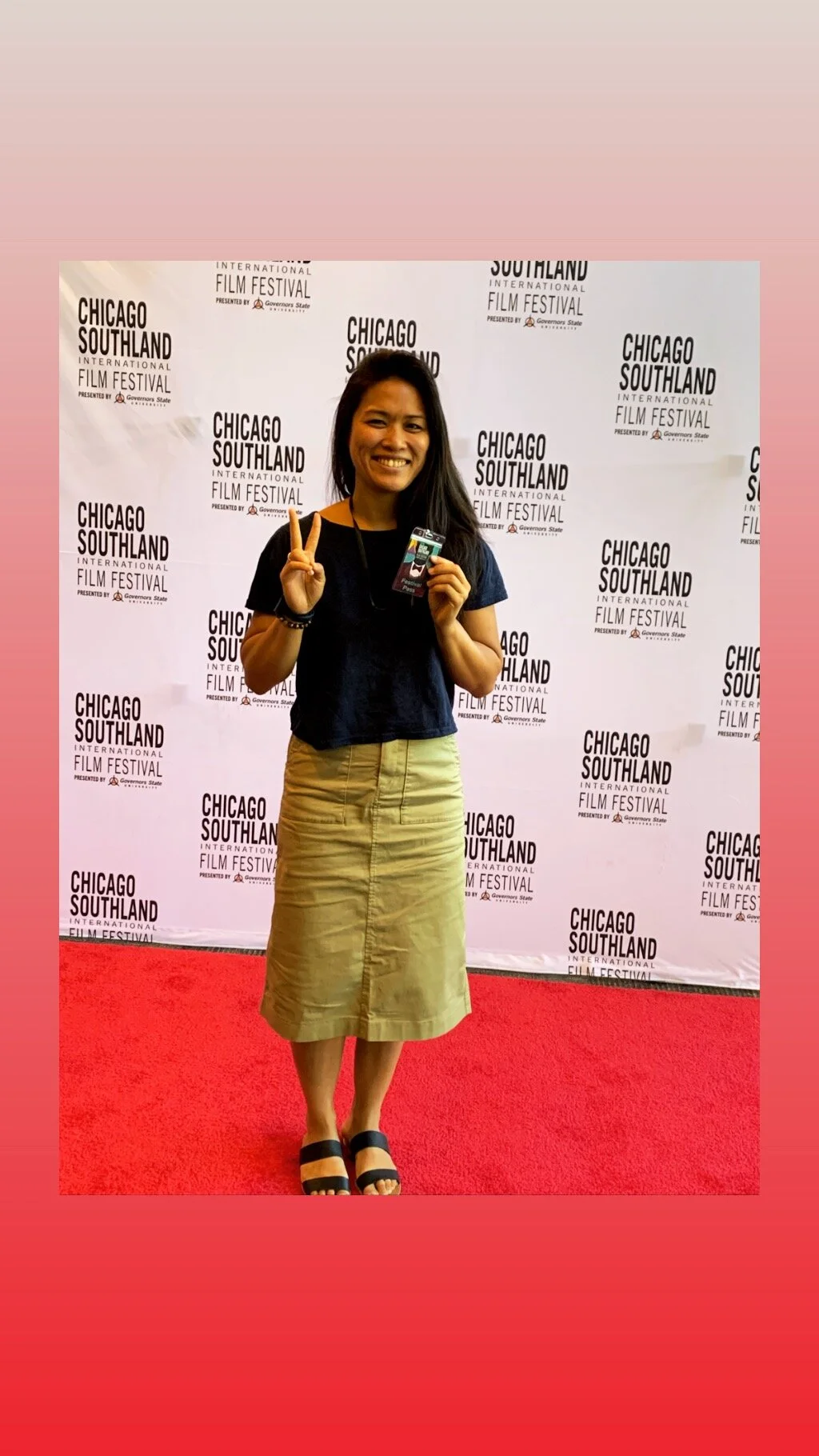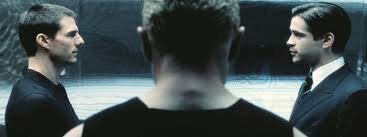Prior to the new year, I saw a number of posts about how 2018 was a terrible year that people were happy to throw away into a burning garbage dump — similar sentiments thrown at 2017.
Despite all of the current and ongoing tumultuousness, I still consider 2013 to be one of the most defining years of my life. It was easily one of my worst years, and easily one of the most important.
Heart break, economic instability, and workplace bullying consolidated into one giant slap in the face, resulting in me physically collapsing and being forced to take a few days off to recover. Additionally, two people I loved died unexpectedly: Roger Ebert, the man who cultivated my love in film and never once doubted me as a writer and filmmaker; and Bà Ngoại, my maternal grandmother who had survived two wars, experienced heart break of every kind, and always supported me throughout my adolescence and beyond.
All of this happened within 6 months.
“The Grandmaster” was the first movie I watched in theaters after my grandmother died. I accompanied Weinstein’s cut with a glass of whiskey, and cried for the first time after a week of feeling numb.
“The Grandmaster,” for whatever flaws it may hold, has continued to not only comfort me during the saddest and darkest of times, but has also helped me navigate times of uncertainty and instability.
It is flawed, grandiose, and arguably Kar-wai’s most commercial work.
I also learn continuously from it, flaws and strengths and all, and it has shaped my understanding and love of film, history, and how fiction can be more truthful than reality. Each character appears, disappears, re-emerges, and disappears again, imitating life as you may have it: the only constant is change.
Each character, with their own philosophy, stands out on their own, each a story waiting to unfold, and in some cases never revealed more than a whip of a blade.
Circumstances beyond each characters’ control shape them more than anything, and it is only through will, choice (some right, some wrong), and primarily luck that some characters persevere, and others return to the past.
While any character has the potential to be a grandmaster, only one emerges as a confluence of their will, the right choices, and unfounded luck.
C’est la vie.
That, among many other minutiae, is why it is highly unlikely that another movie will ever take its place as my #1.
#2: Paprika [2006] - dir. Satoshi Kon




















































